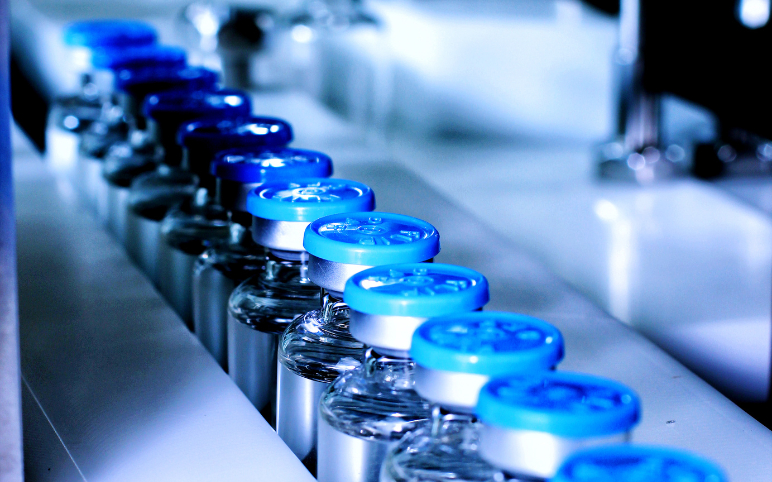Hydroxychloroquine has long been available in the market as an approved drug for the treatment of malaria, and autoimmune diseases such as lupus.
Eli Lilly has announced the launch of Phase II trial of its rheumatoid arthritis drug Olumiant (baricitinib) for the patients suffering from COVID-19.
The company is teamed up with the National Institute of Allergy and Infectious Diseases (NIAID) and intends to enrol approximately 400 patients in the double-blind, placebo-controlled study. The patients would be selected on the basis of the presence of at least one of the elevated markers of inflammation and do not require invasive mechanical ventilation.
Sold under the brand name Olumiant, baricitinib is an approved drug – a Janus kinase (JAK) inhibitor – for rheumatoid arthritis (RA) patients whose disease was not controlled by tumor necrosis factor (TNF) antagonists used to treat the disease. The drug is already in the trials sponsored by NIAID in combination with Gilead’s remdesivir for the treatment of Covid-19 in the USA.
However, Lilly is not the only of first player testing its RA drug to treat COVID-19 patients. Roche’s Actemra and Regeneron/ Sanofi’s Kevzara are also in the battlefield fighting COVID-19.
Moreover, the company is also partnered with Junshi Biosciences to co-develop JS016, a recombinant fully human monoclonal neutralizing antibody. This is the second monoclonal neutralizing antibody under development by Lilly after LY-CoV555, which is thought to be the first potential medicine that can treat as well as prevent COVID-19 infection.
Catalent Biologics has made public the details of the deal with AstraZeneca to develop AZD1222, an experimental vaccine to prevent coronavirus infection COVID-19.
Catalent Biologics, a global provider of advanced delivery technologies, development, and manufacturing solutions to Life Science vertical has announced to ramp up the production of the AZ and Oxford’s adenovirus vector-based COVID-19 vaccine AZD1222.
Catalent will provide vial filling and packaging capacity to AstraZeneca, supporting the dedicated production of AZD1222. The company will help Oxford in mass production of the vaccine by preparing for the manufacturing facility and managing the supplies of hundreds of doses of vaccines after it gets approved.
Earlier, AstraZeneca also tied up with Europe’s Inclusive Vaccines Alliance (IVA) to supply up to 400 million doses of its vaccine across the globe and a USD 87 Million deal Emergent BioSolutions to manufacture the vaccine for the US market.
Sinovac Biotech announced promising results from Phase I/II clinical trials of its COVID-19 vaccine, CoronaVac.
Beijing-based Sinovac Biotech’s COVID-19 vaccine, CoronaVac has emerged as a promising candidate after the company released the results of its trials showcasing it as favourable in both immunogenicity and safety.
The trial had enrolled a total of 743 healthy volunteers in Phase I/II trial of age from 18 to 59 years. There were no serious side effects reported, and the vaccine was demonstrated to be neutralizing antibodies 14 days after dosing. The antibody seroconversion rate is higher than 90%, which suggests the vaccine can induce a positive immune response.
Moreover, the company plans to submit the report on its trial results to China’s National Medical Products Administration (NMPA) and plans to begin the Phase III trial in collaboration with the Instituto Butantan in Brazil.



